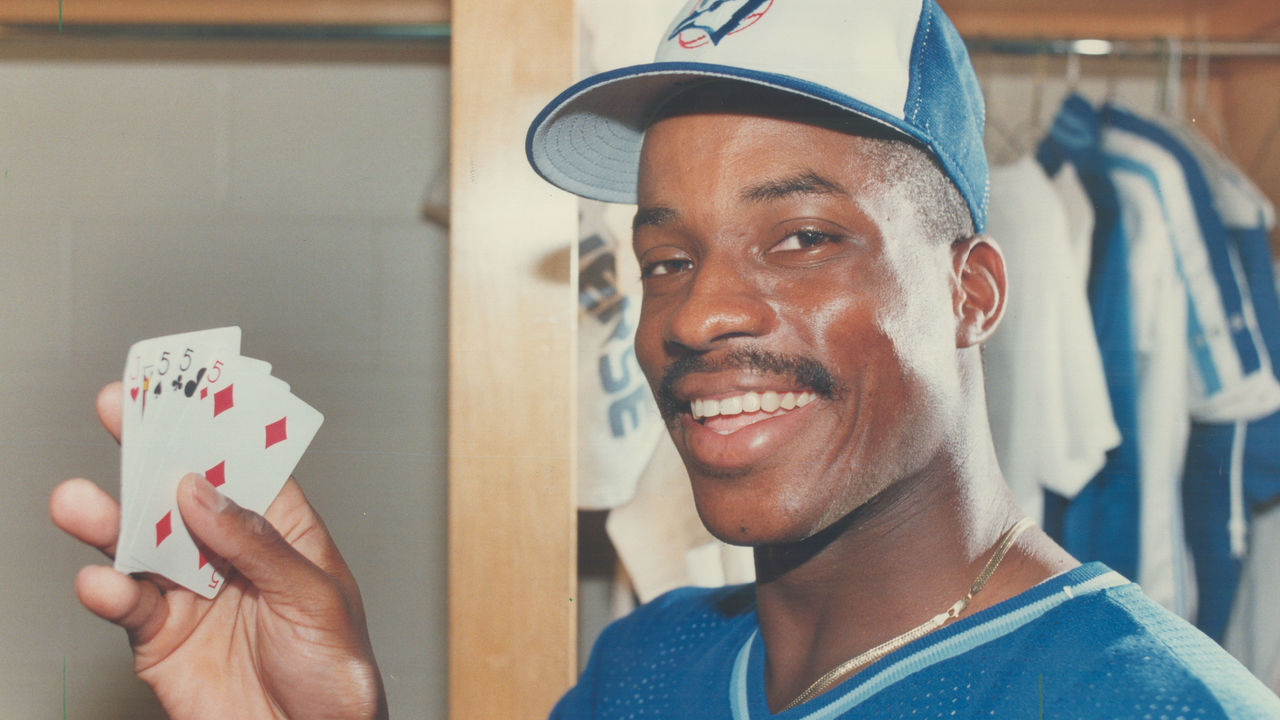Contemporary Era results leave little hope for Bonds, Clemens
If your first reaction to Fred McGriff's election to the Baseball Hall of Fame was one of shock - shock that Barry Bonds and Roger Clemens are still locked out of Cooperstown - you might want to give your head a shake.
Because it was never going to happen.
The cold truth is that after Sunday's Contemporary Era Committee vote, Bonds and Clemens are probably out of chances at induction. And while the Hall is certainly happy to welcome the crystal-clean McGriff into the fold, it is likely far more pleased that its plan to stack the deck against players linked to performance-enhancing drugs once again worked to perfection.
The Hall of Fame first threw a roadblock at Bonds, Clemens, and others connected to steroids by shortening eligibility on the writers' ballot from 15 years to 10. The change came mid-stream, scheduled for the alleged miscreants' third appearance on the ballot. Joe Morgan's letter in 2017 was perfectly timed to sap the momentum Bonds and Clemens were suddenly building, and by last winter, they topped out in the eyes of writers at just over 65%.
This year, Bonds and Clemens - neither of whom ever failed a drug test after MLB began its testing program in 2005 - landed on the committee ballot. But it was purely for show. The Hall rejigged its committees to lump all of post-1980 baseball together, reduced the ballot from 10 candidates to eight, and limited committee members to voting for three candidates instead of four.
Then, the nominating committee sealed their fates by giving most of the other six spots to a hodgepodge of retreads who failed to garner support in previous years - some of whom have sins that make Bonds and Clemens look like choir boys - plus Rafael Palmeiro and Curt Schilling.
Such a ballot made it extremely easy for voters to unanimously select McGriff, one of the few sluggers of the 1990s who was never connected to PEDs and someone clearly respected by his peers. But if it was truly about character, Schilling, an iconic pitcher whose track record of hate speech has stopped many voters in their tracks, wouldn't have received seven votes. If it was truly about character, the universally respected Dale Murphy would have received his long-awaited phone call Sunday.
No, this election was purely about slamming the door on steroid-era stars again, despite commissioner Bud Selig - who looked the other way on PEDs until it was politically convenient to do otherwise - being welcomed with open arms. It worked perfectly, as anticipated. The Hall is a private entity and entitled to make its own rules. If the museum's decision-makers wish it to remain incomplete by omitting the arguable greatest position player and pitcher ever, that's their choice.
By playing this kind of game, the Hall of Fame is doing itself a disservice. The Hall is supposed to tell the story of baseball in its entirety - good, bad, and ugly. The museum does an incredible job of this in so many areas. But as long as the cherry-picking continues, as long as there are roadblocks to keep out members of the steroid era who may or may not have used substances that weren't against the rules at the time, the Hall won't be telling the story of baseball properly.
Salute to the Crime Dog

None of this, of course, should detract from the unanimous election of McGriff. His candidacy always had obvious flaws, and his selection will spark plenty of debate. But McGriff's fantastic career deserves to be celebrated.
A model of consistency, "Crime Dog" had 10 seasons of 30-plus home runs and was the first live-ball era player to win home run titles in both leagues. He's also one of two players to record 30-homer seasons with five different teams (Blue Jays, Padres, Braves, Devil Rays, and Cubs). Yes, McGriff fell short of the magic 500-homer club - he finished with 493 - but he would have made it if not for the strike.
While far from a perfect candidate, McGriff isn't the most egregious choice. This isn't like the selection of Harold Baines, who became one of the weaker inductees in history by virtue of cronyism. If anything, McGriff's numbers in an era of inflated offense stand out because he was never connected to PEDs. As one of the few (presumably) clean sluggers of his pre-testing era, that's worth something. It's easy to see why voters gravitated toward him, and it's fair to honor that.
There are other first basemen who were contemporaries of McGriff who may have deserved the honor first. Perhaps his election will help them in due time. But today is McGriff's day, and there's no need to quibble too much with this choice.